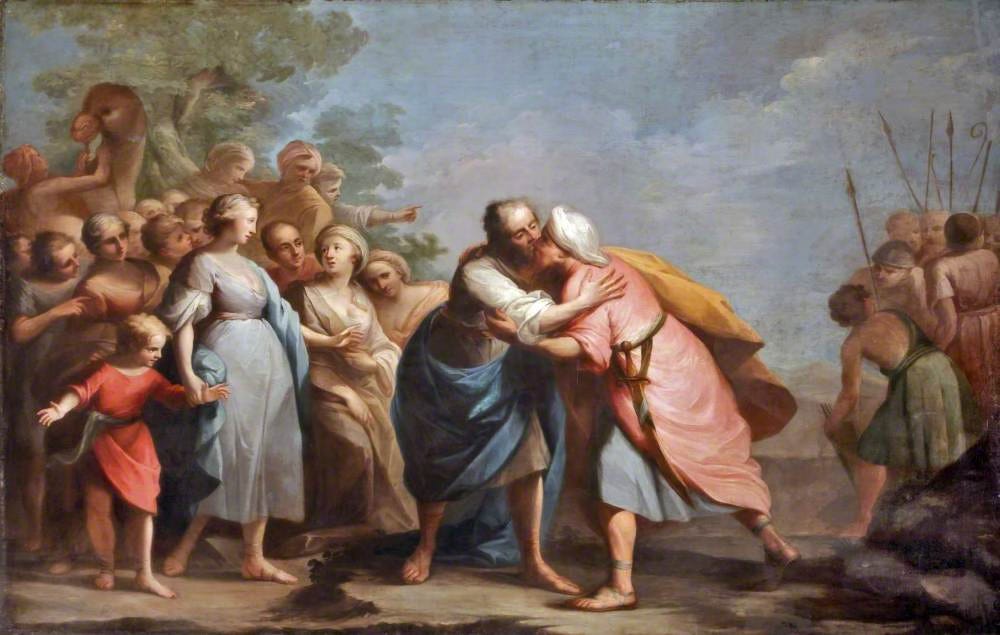Dear reader,
As I think about the fruit of the Spirit, I wonder how many in the Apostle Paul’s list might easily describe the times in which we live. Not many, I think—and perhaps peace least of all. And yet, the longing for peace is deep-seated and pervasive, just as much as it seems to elude us. We know, better than we would like, turmoil, anxiety, and disrupted relationships. The church and her members seem just as torn apart by conflict as the rest of the world.
It’s difficult to remember, when surrounded by so much brokenness, that peace is primordial. All we know from experience is peace as a conclusion of conflict—conflict first, then peace. But we must remember, however difficult it may be, that peace comes first. The peace of Triune God, Father, Son, and Spirit, is a peace that precedes all else that exists. There is no cosmic battle that comes first, and is then resolved; instead, peace is the foundation of all that exists, and, when broken first by the rebellion of Lucifer and then by Adam and Eve, peace also comes after as the resolution. David Bentley Hart describes our world as “one in which the being of creation is an essential peace…reflecting the infinite peace of God’s triune life in its beauty and diversity.”
For us, enmeshed in a world of violence, peace comes as a gift. A gift that is also a fruit—what are we to make of this?
At the same time as I’ve been considering this question, I’ve also been working on my garden. We’ve moved into a home with a double lot, and the woman who cared for this home before us was a skilled and creative gardener. We’ve been told that she planned her plantings so that there would always be something in bloom, from spring through until autumn, and I have been like a little child, eagerly watching to see what new plant is starting to bloom. I am the recipient of her work, joyfully receiving the fruit of things that I did not plant.
And yet, I am not a passive spectator. A garden is a living thing, and as such it requires care and attention. I have been trying to give it the care it needs—although I do not have a green thumb!—by weeding and pruning. I want to continue to enjoy its beauty, and that can only happen if I work to care for it.
Peace, as the fruit of the Spirit, is a gift: the gracious harvest of one who reaps what she has not sown. As the gift of God in Christ Jesus, as the foundational peace of all creation, the peace that has broken into our gray and gloomy world and is putting our world back to rights—this peace is purely received, the gracious gift of an abundantly compassionate God.
Sometimes we find this kind of peace in our relationships with others, as well—that even against our stubbornness or seemingly intractable circumstances, we suddenly receive peace in a moment of reconciliation that brings us to our knees, for we know we have had nothing to do with it.
And yet, because the breath of life that the Spirit gives does not cause us to artificially respirate, as Jean Luc Chretien puts it, but resurrects us to new life, we are enabled to be cultivators as well as recipients. We seek to attend and care for our relationships so that we enjoy the peace of Christ. Such peace-making, Gregory of Nyssa recognizes, is an act that imitates God’s own work.
Thomas Merton writes about the importance of peace in our own souls, because without it, turmoil and anxiety will spill over and spoil our relationships. In our own souls, there is often a painful sense of the chasm-like gap between the person I want to be and the person that I am. Augustine, riffing on Paul, writes in his Confessions that “my two wills, one old and one new, one of the body and the other of the Spirit, clashed with each other and in their combat were devastating my soul.” Paul’s terminology of flesh is more helpful here than body: it is the old self—mind, soul, and body—that wrestles against the Spirit, not our physical bodies. There is, too, a wrestling between two voices: between the voice of the Spirit who calls us beloved, and the voices of our own doubts, self-judgments, and fears. These wrestling matches, as Augustine so powerfully describes them, devastate our souls. We are worn out, exhausted.
Eastern philosophy, recognizing the inner turmoil that is part and parcel of the human condition, counsels detachment. A separation of our desires from the things of this world and an evacuation of all desire will, this philosophy argues, allow us to achieve a sense of inner peace.
In some important ways, this echoes Christian philosophy. When our desires are fixed on things that are temporal, subject to change and able to be taken away from us, we won’t be able to be at peace. When our attention is fixed on anxiety-producing news feeds, hot takes and the latest outrage porn, we will be internally torn apart. Yet, the solution is not an erasure of desire. In the beautiful first words of the Westminster Longer and Shorter Catechisms, we are made in order to “enjoy God forever.” Because God has made us to enjoy him, we find peace not by eliminating desire, but by reorienting all of our desires on the God in whom we come to rest—to peace.
Detachment in the Christian sense is not an emotional indifference or lack of care. Instead it is the grounding of our identities, our joy, our hope, in what will not shift or change like shadows. We are detached from “the lust of the flesh, and the lust of the eyes, and the pride of life” so that we may be rooted in Christ—united with him so that what is eternal and unchanging can be our anchor in such a tumultuous and unreliable life.
And then, such attachment to Christ will come to bear on our relationships with our own selves and with others. Jean Louis Chretien, writing about joy, says that when we seek first the kingdom of God, when the focus of our attention and desire is on the kingdom, such a focus enables an intensity of desire that allows us to expand.
In such a fragmented time, when our attention is fractured and distends our very souls, when our desires are multiplied and leave us restless and unsatisfied—peace is found in the reorienting all of our desires to God, not so that we may become indifferent to all else, but so that our peace may be extended beyond ourselves to our families, our communities, our world.
The Italian School, The Reconciliation of Jacob and Esau, oil on canvas, 18th c.
The extension of our state of peace with God is crucial to our experience of Christ’s peace, Robert Jenson claims: “When we seek Christ's peace, it is in the kiss of a fellow believer.”
April and May reading:
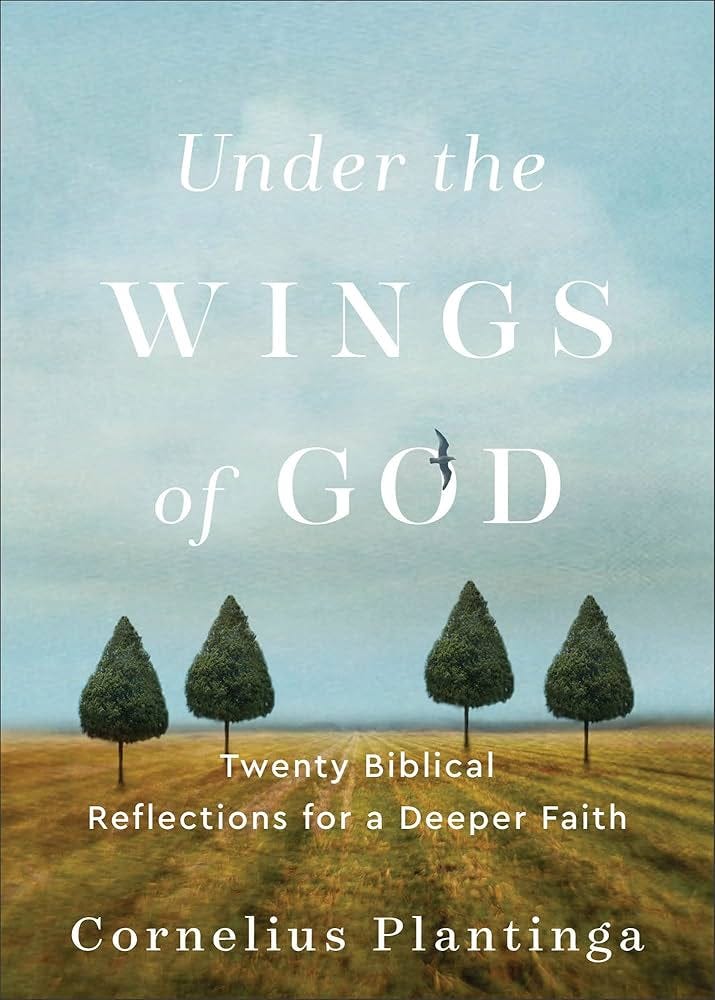
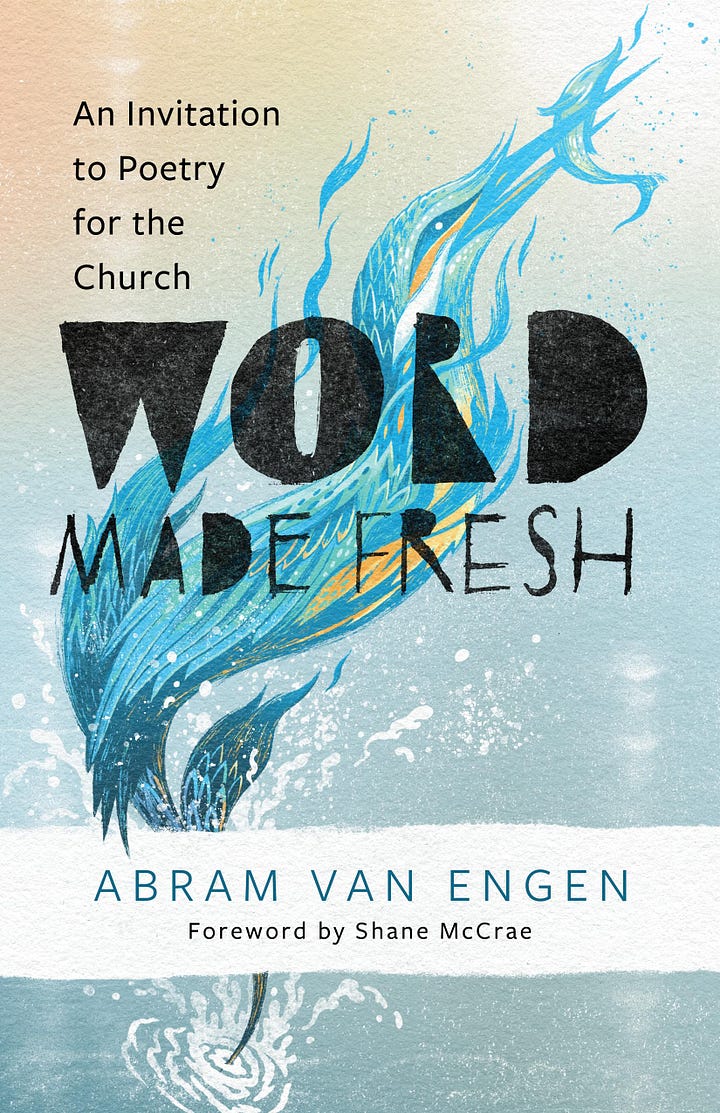
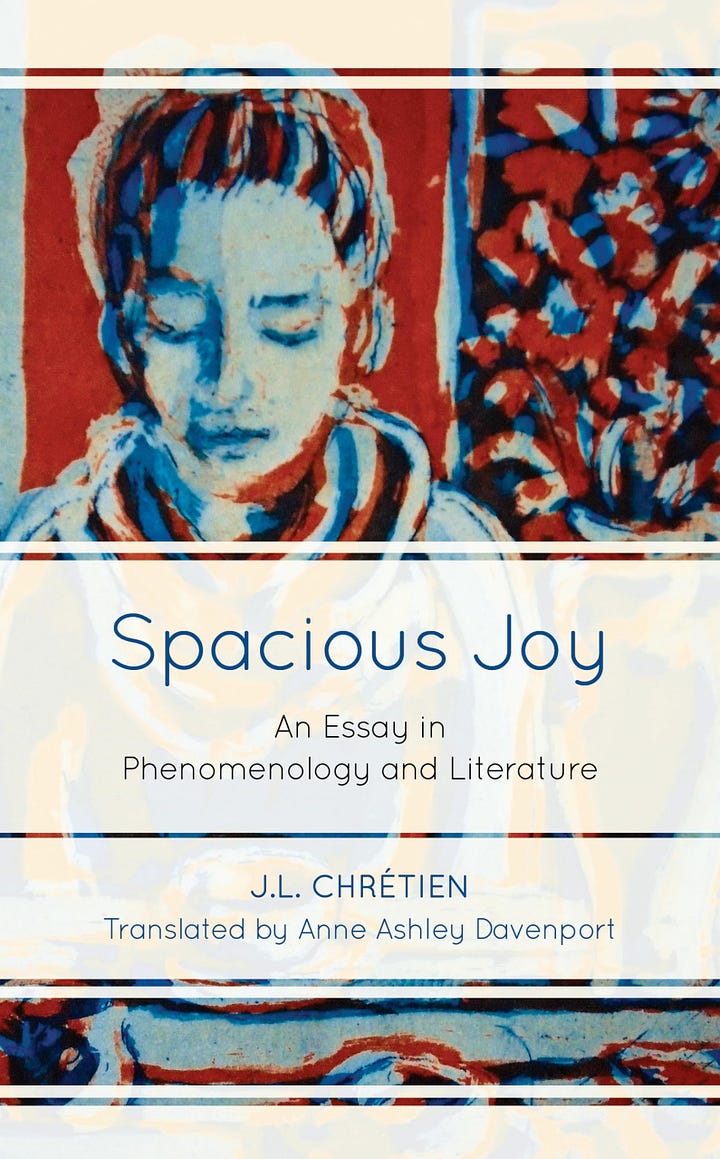
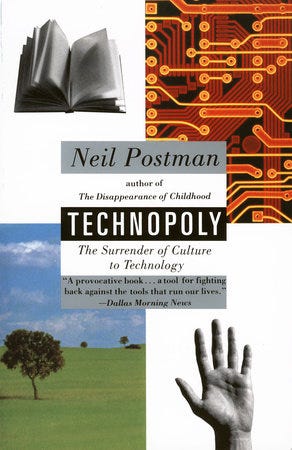
O God,
full of compassion,
I commit and commend myself to you,
in whom I am, and live, and know.
Be the Goal of my pilgrimage,
and my Rest by the way.
Let my soul take refuge
from the crowding turmoil of worldly thoughts
beneath the shadow of your wings.
Let my heart,
this sea of restless waves,
find peace in you, O God.
You bountifully give all good gifts.
Give those who are weary refreshing food.
Gather our distracted thoughts and powers into harmony again.
Set the prisoner free.
See, he stands at your door and knocks.
Open it to him,
that he may enter with a free step,
and be quickened by you.
For you are the Well-spring of Life,
the Light of eternal Brightness,
where the just live who love you.
Let it be to me according to your word.
Amen.
Augustine of Hippo
On the road with you,
Laura




